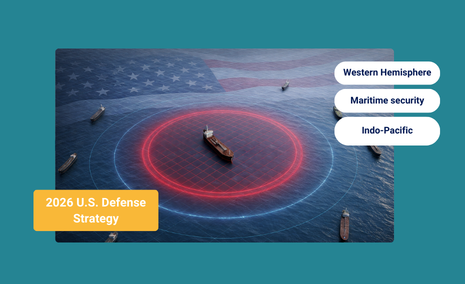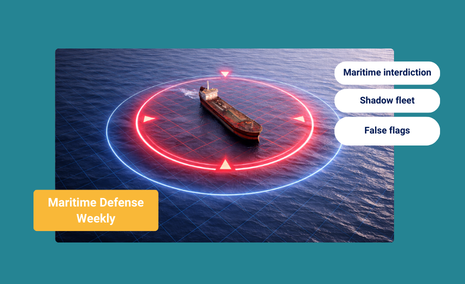
Smart Data
What is Smart Data?
Smart data refers to data that is filtered, processed, and analyzed to be actionable and relevant for decision-making. Unlike raw unstructured data, which can be overwhelming and difficult to interpret, smart data is refined to provide meaningful insights, improve efficiency, and drive strategic actions. It often leverages advanced analytics, AI, and machine learning to generate valuable information from large data sets.
How Smart Data Fuels Generative AI (Gen AI)
Smart data is the backbone of Gen AI, providing the high-quality, relevant information these advanced models require to produce accurate and meaningful outputs. Gen AI relies on vast amounts of structured and well-curated data to learn patterns, make predictions, and generate new content.
By ensuring that the data fed into these AI systems is clean, accurate, and contextually appropriate, smart data enhances the performance and reliability of Gen AI applications. This synergy between smart data and Gen AI enables innovative solutions across various industries, from creating personalized content and chatbots, to driving complex decision-making processes and automating creative tasks.
How Does Data Management and Data Governance Support Smart Data?
Data governance and data management are crucial for supporting smart data. Data governance involves establishing comprehensive policies and standards for managing data, and ensuring its quality, consistency, and integrity. These policies are vital for making smart, data-driven decisions that can enhance navigational safety, optimize fuel consumption, and improve maintenance schedules.
Data stewardship, a key aspect of data governance, assigns specific roles and responsibilities to individuals or teams to manage data assets effectively. This ensures that data is accurate, up-to-date, and accessible when needed, enabling swift and informed decision-making.
Data management focuses on the practical implementation of these policies, encompassing data collection, storage, protection, and utilization. In the maritime industry, effective adta management ensures that data from various sources, such as GPS systems, weather reports, and cargo information, is integrated and analyzed efficiently. This comprehensive approach allows for the creation of smart data, data that is not only clean and reliable but also actionable.
Data Curation’s Role in Transforming Raw Data into Smart Data
Data curation plays a pivotal role in transforming raw data into smart data. It involves the meticulous process of organizing, managing, and maintaining data to ensure its accuracy, quality, and relevance. By curating data, organizations can filter out noise and focus on high-quality information that drives insightful analytics and decision-making.
This curated, refined data is what we refer to as smart data—data that is actionable, valuable, and ready for advanced processing, such as machine learning and AI applications. Data curation is the foundation that enables the transformation of vast, unstructured data into smart data, unlocking its full potential for business intelligence and strategic planning.
What are the Benefits the Maritime Industry Receives from Smart Data?
| Advantage/Benefit | Description | Impact |
| Cost savings | Optimized routes and predictive maintenance reduce fuel consumption and costs | Lower operational expenses |
| Enhanced safety | Real-time monitoring and analysis prevent accidents and equipment failures | Increased safety and reduced risk of incidents |
| Operational efficiency | Streamlined port operations and fleet management improve resource utilization | Faster turnaround time and better use of assets |
| Regulatory compliance | Easier tracking of regulations minimizes fines and legal issues | Reduced risk of non-compliance penalties |
| Environmental sustainability | Reduced fuel consumption and emissions | More sustainable and eco-friendly operations |
| Data-driven decision-making | Access to actionable insights for better strategic planning | Improved decision-making and strategic outcomes |











